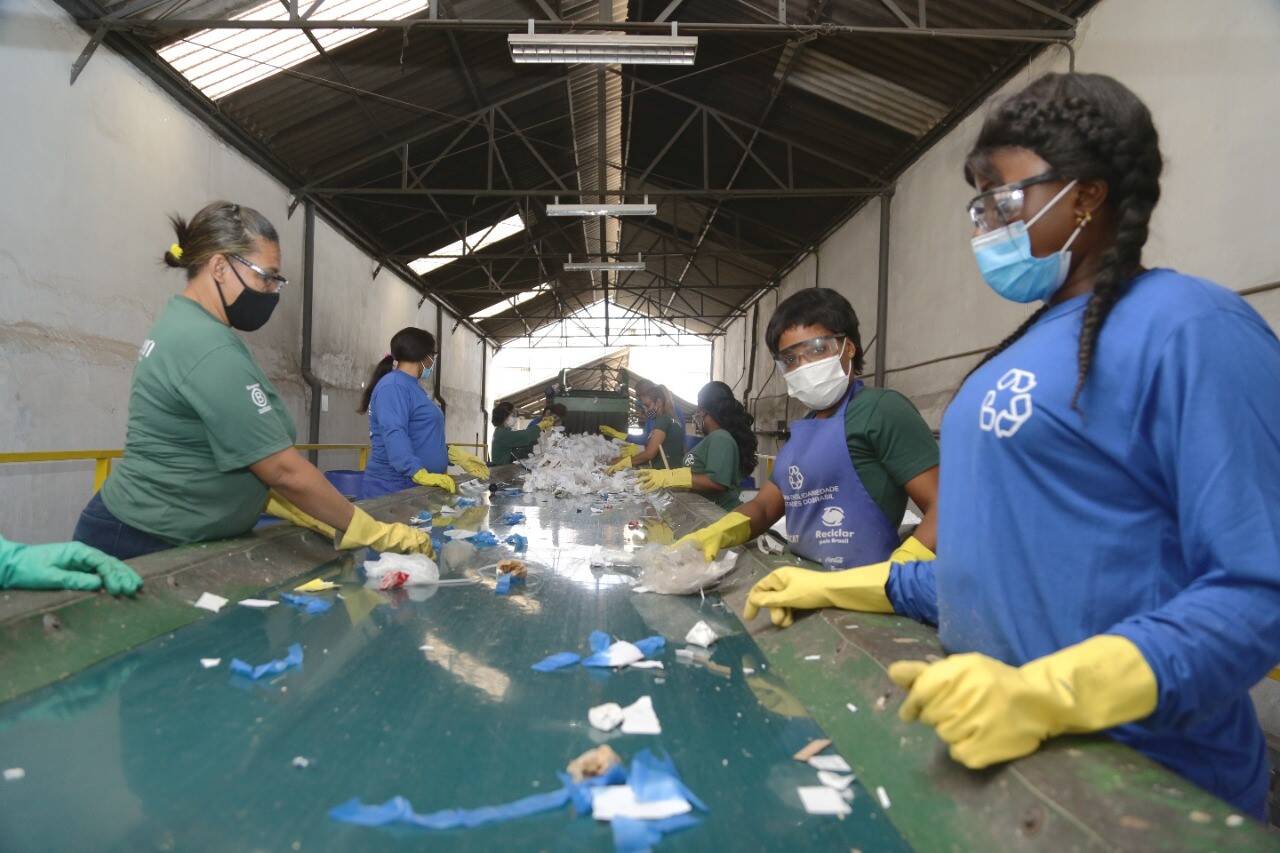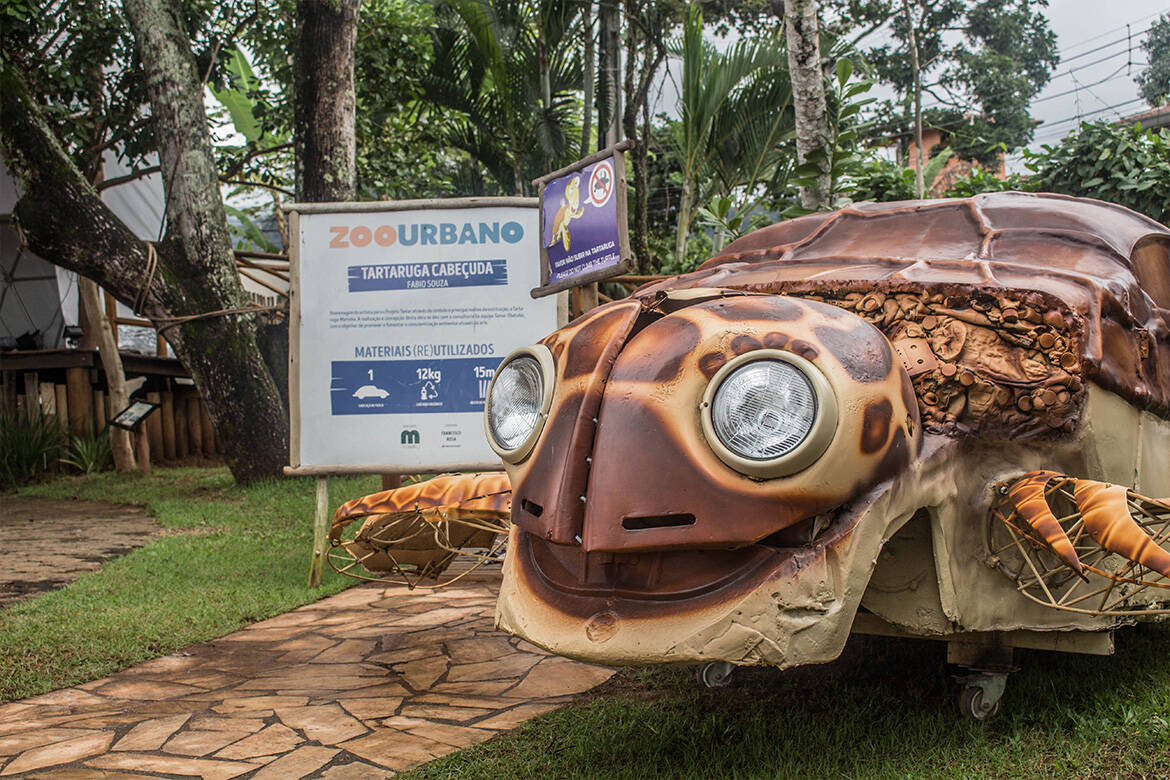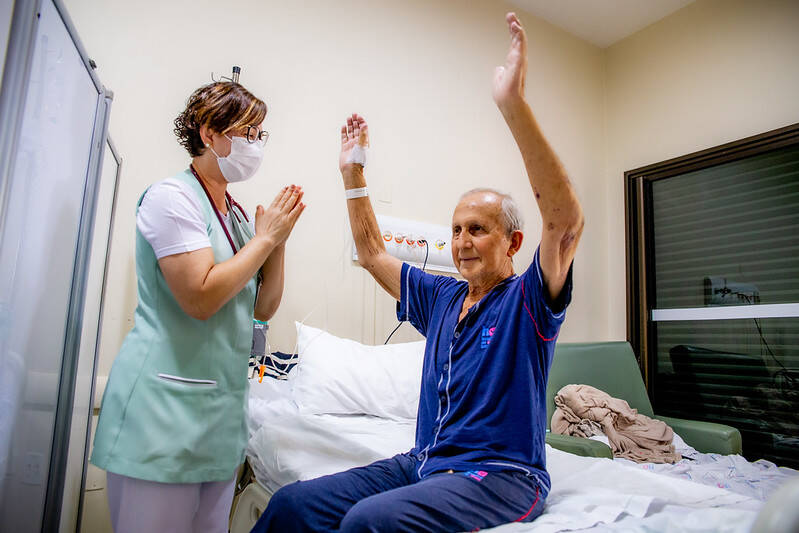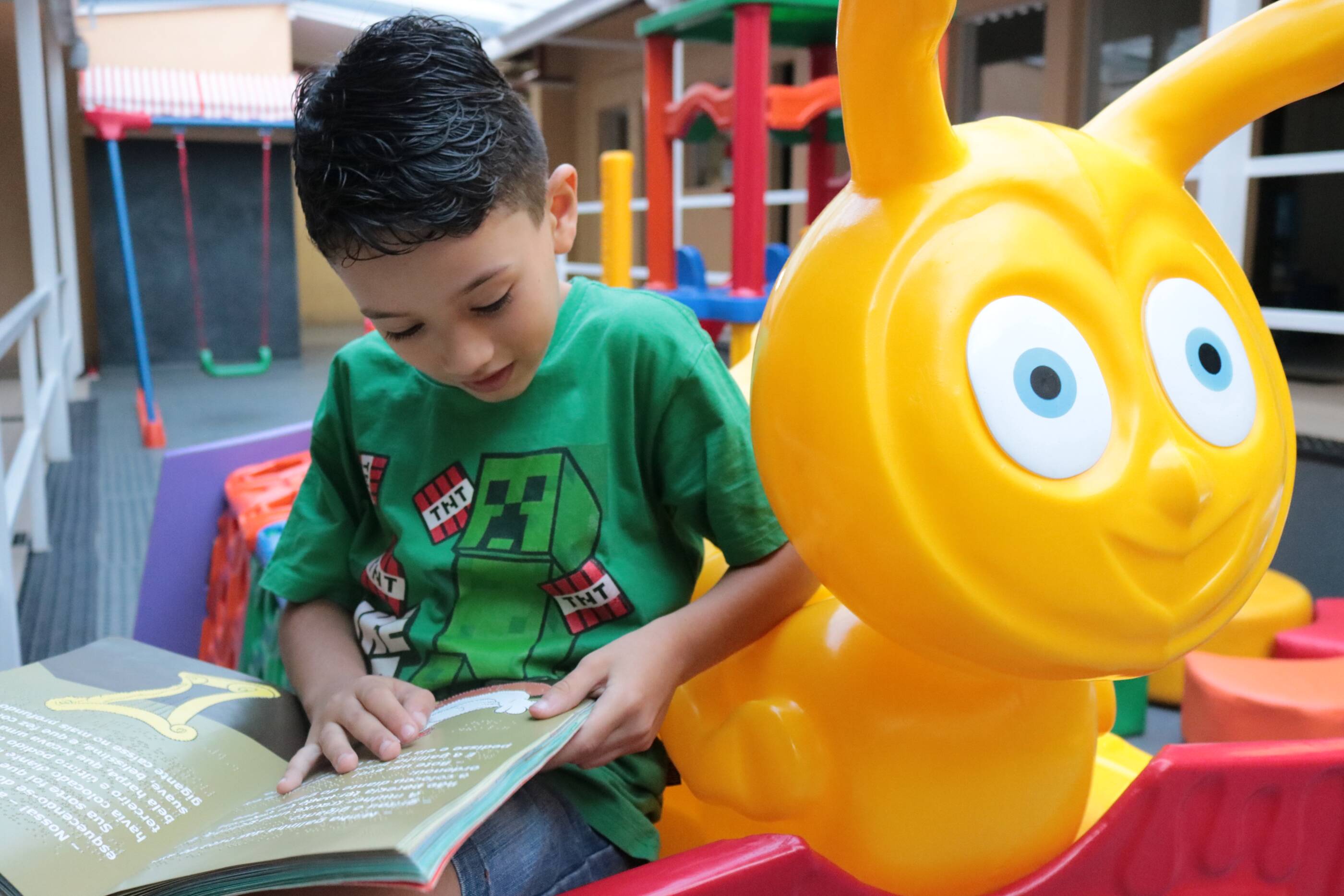Article April 19, 2021
Community and culture
We are committed to creating sustainable solutions that improve the quality of life and meet the evolving needs of society in order to protect people, the environment and the communities where we operate.
We develop corporate citizenship programs focused on health, education, culture, sports, and the environment, through contributions and Tax Incentive Projects.
Article April 19, 2021
In this article
Contributions
Golden Lion Tamarin Conservation Project

As part of the renewed support the Golden Lion Tamarin Conservation Project, ExxonMobil is providing funds to for the structure the Golden Lion Tamarin Ecological Park, a future Private Natural Heritage Reserve, located in Silva Jardim, in Rio de Janeiro State.
The new cycle of the project consolidates the support to the preservation of the golden lion tamarins and the Atlantic Forest, as well as encourages the park opening for visitors in order to engage people and local community with the importance of the conservation.
Our support for the Associação Mico-Leão-Dourado (AMLD), mediated by Fundo Brasileiro para Biodiversidade (Funbio), has already brought important milestones to the protection of the species. The plantation of 20,000 native Atlantic Forest seedlings and the implementation of two decks to observe the region's fauna and flora are some of them.
Click here to take a virtual tour of the Golden Lion Tamarin Ecological Park.
Recycling Project

ExxonMobil supports YouGreen Cooperative model in Manaus, which works to solve waste management problems, offering environmental and economic solutions, with the aim of ensuring the correct collection and disposal of recyclable waste, with a focus on plastic.
With this support, YouGreen will be able to expand its infrastructure, machinery and accelerate the recovery of plastic collected by the collectors of EcoCooperativa, the first YouGreen franchisee in the city. The cooperative will also become part of a shared services center, which has legal advice and a commercial department, in addition to having an area for training and educational processes for collectors.
It is estimated that implementation will take place by the end of 2023 and that, within 32 months, 100 tons will be recycled per month, with 35 members and an average monthly revenue of R$ 100,000 reverted to the cooperative.
E2C - English to Connect, Communicate, Catalyze
%2b5847%2bx%2b3289.jpg)
Through the +Unidos Group, we support the E2C – English to Connect, Communicate, Catalyze, a pilot English learning project for young African-Brazilian professionals and/or entrepreneurs.
The main objective of E2C is to empower these young people to develop language skills that can bring value to their careers. E2C also promotes dialogues with professionals and invests in mentoring directed to each student.
The +Unidos Group is a collaborative social investment fund, by American companies and Brazilian multinationals in partnership with USAID (United States Agency for International Development). The group has the support of the American Embassy and works on behalf of public education and the training of young Brazilians.
Culture Incentive Law
Urban Zoo

Led by VR Projetos, Urban Zoo has as its main objective the collective awareness and engagement of communities, through giant works of art in the shape of animals made with recycled materials and created by Brazilian artists.
The works are exhibited around the city with free visitation and interaction for children and young people. The exhibition generates impact and provides reflections on the disposal of urban waste.
Accessible Literature
The Instituto Incluir project focuses on the inclusion of people with disabilities and dives into the universe of diversity in a playful way through the free distribution of 10,000 books, printed and accessible, to schools and public libraries.
The copies are aimed at children and young people and address stories of overcoming and protagonism of people with disabilities. In the storytelling workshops, students with and without disabilities rely on mediators to help carry out the activity.
Sports Law
Golden Goal Project
The project aims to contribute to the exercise of citizenship and community integration of residents of Queimados, a city in the interior of Rio de Janeiro, through a free futsal school, made up of 80% of students from public schools and with accessible activities for disabled people.
In addition to promoting physical and psychological development, the Gol de Ouro institute also works with a focus on school complementation, with Portuguese, IT, English and reading classes, aiming at preparing students for the job market.
Elderly Fund
Elderly Support

The project provides comprehensive and free care, with welcoming, humane treatment and multidisciplinary activities, to elderly people in the Hospital de Amor units, present in more than 2,500 municipalities in Brazil.
The institution specializes in caring for cancer patients and has over 60 years of history. Hospital de Amor is nationally and internationally recognized for its hospital management and contribution to the scientific community.
Welcome with love
The project consists of welcoming elderly people at the Pequeno Cotolengo Health Complex, in Curitiba (PR). Currently, there are about 230 assisted.
Welcome with love project guarantees specialized care, maintains the sterilization center, supplies supplies and promotes an increasingly safe and healthy environment for the elderly people in care.
Children and Adolescents Fund
Right to Life

The project is based on three pillars: development of scientific research on healthcare, acquisition of high-cost materials and equipment, and education, with skill development for pediatricians and health care workers. The triad seeks to improve the patients' quality of life and the reduction of infant-juvenile mortality in Brazil.
Founded in 1919 in Curitiba (Paraná State), Hospital Pequeno Príncipe is a non-profit institution that provides health care to children and adolescents from all over the country. The hospital does over 313,000 health checks annually, 70 percent of which for patients served by the Unified Health System (SUS).
Inclusive Education Support Program
The project aims at providing specialized educational assistance to identify, develop and organize accessible pedagogical resources that promote the inclusion of public-school students aged 7 to 17, or up to the end of high school, with intellectual or multiple disabilities or mental disorders. of the autistic spectrum.
Through adapted materials, educational games, computers and video games, the program addresses content related to literacy, monetary system, reading and writing, mathematical concepts and subjects related to current affairs.
With 32 years of history, the Association of Parents and Friends of the Disabled (APAE) of Cotia, municipality of São Paulo, is responsible for the project.
Trails of Inclusion in the Digital Era

The project aims to carry out a Digital Entrepreneurship and English course for visually impaired teenagers between 14 and 17 years old, with the aim of stimulating professional inclusion and income generation for participants.
The initiative also provides for the provision of hybrid, educational and inclusive games so that visually impaired children aged 6 to 8 can interact and have contact with literacy both in the alphanumeric code and in Braille.
The project is the responsibility of Fundação Dorina Nowill para Cegos, which has been operating for more than 75 years with the mission of facilitating the social inclusion of visually impaired people.
Related content

Our history
ExxonMobil was the first oil and gas company to set up operations in Brazil. We arrived in the country on January 17, 1912, under the name of Standard Oil Company of Brazil, and since then we have kept uninterrupted activities in the country.
As part of our legacy, we have the Esso brand and the Tiger mascot in the gas stations. Also important to mention is The Reporter Esso radio cast and TV news show, which subsequently gave birth to the Esso Journalism Award, one of the most prestigious awards in the history of Brazilian journalism for six decades.
Brazil Article • Feb. 7, 2023
%2b5760%2bx%2b3240.jpg)
Safety and environment
The safety of our operations and of all our stakeholders is a vital aspect at ExxonMobil and is in our DNA. We are based on the three pillars of sustainability: environmental, social and governance performance (ESG) to achieve operational excellence.
In order to achieve Operational Excellency, ExxonMobil goes beyond the applicable environmental laws and regulations, and, thus, adopts high safety standards and state-of-the-art technology in its operations, always keeping the focus on people and on preserving the environment.
Brazil Article • April 19, 2021
%2b5121%2bx%2b2880%2b5121%2bx%2b2880%2b5121%2bx%2b2880.jpg)
Inclusion and Diversity
ExxonMobil values the diversity of ideas, perspectives, skills, knowledge and cultures. A plural and inclusive work environment enables innovation and is a key competitive advantage.Brazil Article